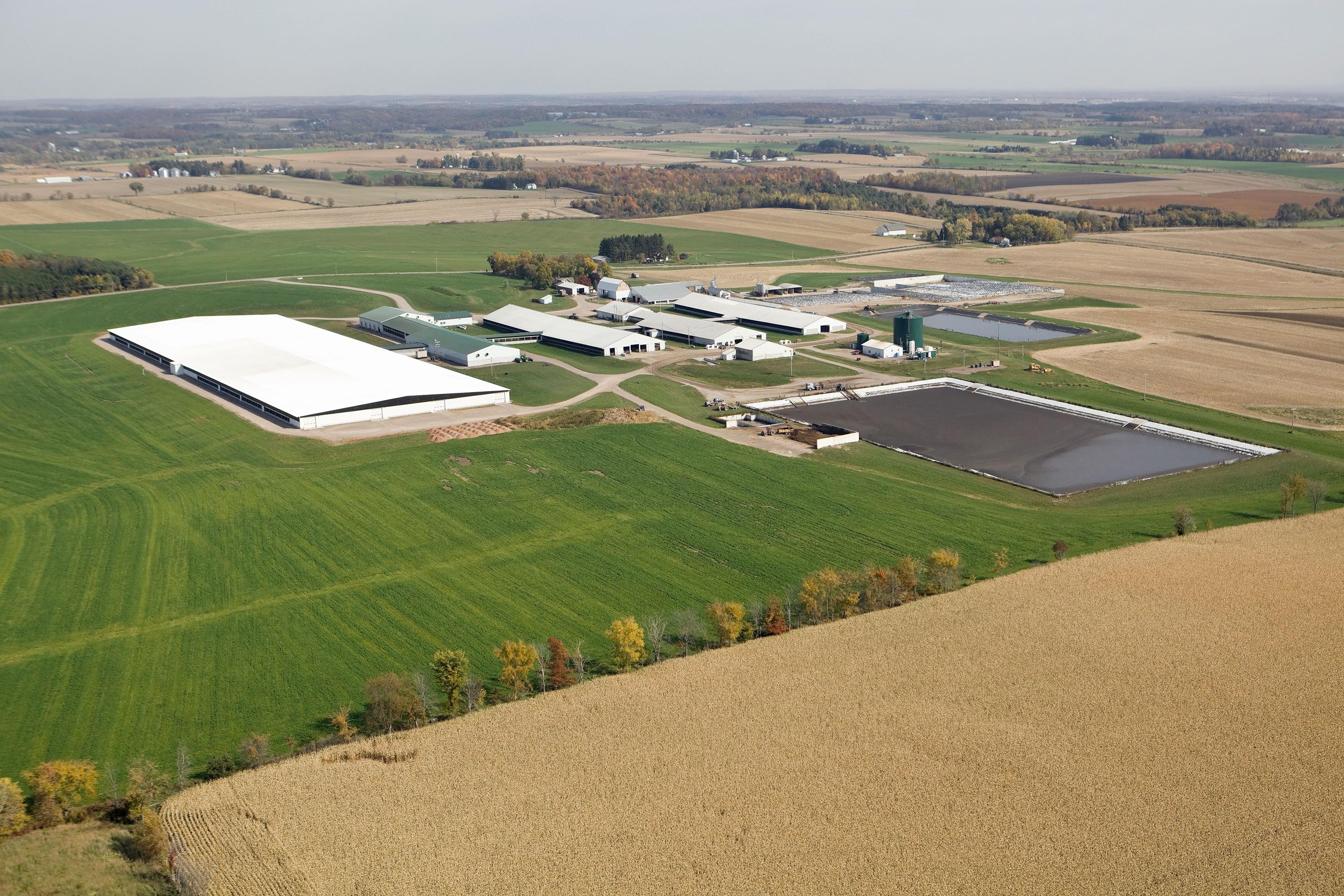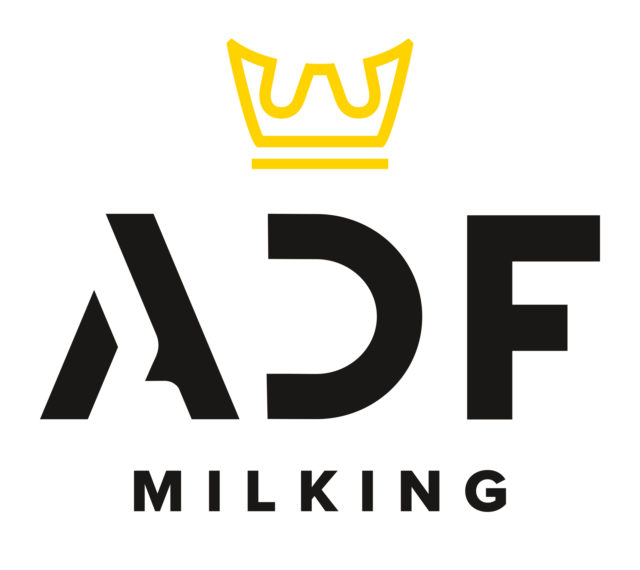One of the key fears of aging farm founders is the conflict they anticipate when the farming heir has access to millions of dollars of land, and the siblings who are off to other careers do not have the same net worth opportunity in their future. Or do they?
First, where is it written that it is your job as parents to make all your children economically equal? It’s a tough question to process. You want all your heirs to be well taken care of, but it gets really complicated when your main desire is to keep a profitable farm intact.
I have seen success with this dilemma when progressive farmers are willing to use corporate insurance tools to cascade wealth to the non-farm heirs.
What if you already have given lots of money to the non-farm kids? Education, down payments for homes, vehicles, trips, etc. Some parents find their children make unwise choices and money seems to keep flowing away rather than growing. In this case, you may consider the residue of your estate as what that child will inherit, and with poor choices come poor outcomes. Most parents don’t want their heirs to suffer bad outcomes, so this is great motivation to engage a financial planner for them and for yourself while you have the capacity to plan, build wealth and find accountability partners who care about your financial success.
We have a beneficiary who was very happy to meet her financial trustee, the person who will help guide her with her inheritance when we are deceased. This lessened the anxiety and stress over the uncertainty of her future.
I have met farm kids who just want their farm parents to enjoy a good life now and enjoy the fruit of many decades of hard work on the farm. They tell me they “expect nothing” and are doing fine on their own. They just want their parents to have a good life now. What if you have kids who think like this, but you have no idea what they expect about their farm parents’ inheritance? Also, keep in mind there are many non-farm heirs who are already wealthier than their parents.
I am not an estate specialist or life insurance expert. I am a coach who wants farm families to be clear about all the expectations of the farm business and wealth transfer that happens with transition.
A big fear for non-farm siblings is: The farming heir will only farm for a few years and then cash out the land in five or 10 years to claim all the gold. Mona Brown, an ag-informed lawyer in Manitoba, uses the term “poison pill” to describe legal avenues to protect cashing out of farmland happening, with safeguards to pro-rate funds back to the family.
Asking powerful questions is key to clarifying everyone’s expectations.
- What does fairness with the transfer of wealth in our family look like to you?
- What do you need to be successful? Have you considered the gifts we have already given?
- Can you describe to me what money means to you? (Read Bruce Sellery’s book Moolala, Why smart people do dumb things with their money.)
- What are you afraid of after we die?
- What do you want your ongoing relationship to the farm home to be once we no longer live here?
- Are there financial gifts we could facilitate with a warm hand that would be helpful to you now?
- What kinds of things can we do as grandparents to be a financial blessing to the grandchildren?
- What can we communicate more clearly to you to give you more financial transparency about our personal wealth and the farm business? Are you willing to keep this confidential?
My friend Jessica Groskopf, a University of Nebraska economist, asks these questions.
Questions for off-farm heirs
- How, if at all, do you expect to be involved in the farm business?
- When will that involvement begin?
- How does this fit with your current off-farm lifestyle?
- Do you expect to receive compensations for this involvement? If so, what type? (Cash, house, utilities, beef, salary, insurance, retirement plans, grain, calves, shares of entity, percent of land ownership, etc.)
- Do you expect to receive assets from owners either while they are living or at death?
- When an heir joins the operation, are they expected to contribute money to the operation?
Questions for on-farm heirs
- What is your current financial situation? (How much good debt can you service?)
- What assets or debts do you have?
- How much income do you need to live a reasonable lifestyle? (Can you share your family living expense amount?)
- Do you have other income sources contributing to your household, and is your spouse on the same page defining reasonable lifestyle?
- Do you expect to be paid a salary or wage or other compensation as an on-farm heir? (Yes!)
- What skills, talents and abilities do you have which benefit the financial well-being of the farm?
- What tasks, roles and responsibilities are you taking on to generate revenue and decrease costs?
- Are you going to rent additional land?
- What “side hustles” or new enterprises can you add to this farm and ranch that don’t conflict with the current operation?
- Are you ready, willing and able to communicate your financial needs and expectations?
Our coaching team uses a personal profile to glean insights before we do individual or couple coaching to prepare for family meetings. It is helpful to see someone write, “I am one of four children so I expect to get one-quarter of the farm.” Therein lies the mindset and fear of conflict when there are unworkable expectations for inheritance and a deep need in agriculture in 2024 to create farm financial liquidity and more personal wealth.
Start asking powerful questions and navigating expectations now.











